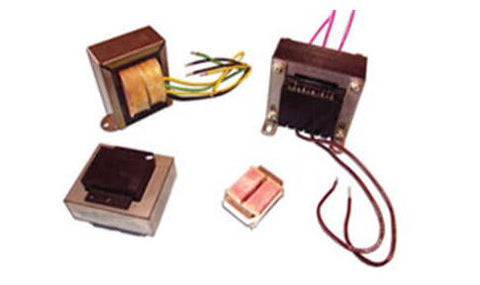Transformers are an integral component of various electrical circuits today. They transfer electrical energy from one circuit to another. During the transfer, the frequency remains constant, while the voltage level typically varies. Transformers are fairly simple and basic devices but can be designed with varied specifications. Depending on the requirements of the application, there are several factors that go into their design. Most applications have specific requirements which may not be met by standard transformers, hence developing custom high voltage transformers is also essential. This post discusses the differentiating factors between standard and custom transformers. So, stay tuned.
Standard vs Custom Transformers – How to Make an Appropriate Selection?
Both standard and custom transformers have their pros and cons. So, it’s not wise to make a quick decision. The following pointers will help you better understand the subtle differences between the two options base on your application requirements. So, let’s have a look at them.

- Built-to-specification is one of the important factors to consider when investing in transformers. Compared to standard transformers, custom devices are designed to specific or relevant dimensions, physical constraints, terminations, and so on. Therefore, they offer accurate output. When it comes to standard transformers, extra time is required to correct the parts to fulfill applications requirement. While standard transformers can be designed to be flexible enough for customization, there may be some limitations. This may also result in excessive design costs.
- While standard transformers are good for simple applications, you need to check their heat dissipation rate or use other techniques to prevent overheating. Some standard transformers experience overheating due to resistive and magnetic losses.
- Standard transformers are cost-effective, and you can choose them in cases where budget constraints are the highest priority. Customization certainly increases the cost because of additional design efforts. However, when choosing a standard transformer you must ensure it will function in your application environment.
- When selecting a transformer, whether custom or standard, you may want to consider the noise levels as some applications are sensitive in these environments. This aspect can be easily customized based on the type of transformer.
- Aside from these factors, precise windings, robust designs, diverse functionalities, and other physical parameters are important factors to consider when comparing these two transformers.
With the above-mentioned information, you should have got the difference between standard and custom transformers. Both have their pros and cons and need to be weighed against your requirements and budget. Whichever you choose, you need to ensure they can deliver consistent and high-quality performance in challenging applications. Are you looking for new transformers or replacements in your existing electrical applications? If that answer is yes, consider consulting a reliable, trustworthy industry player before making any decision. Being a well-known manufacturer and supplier of transformers, Custom Coils guides you in the selection process in all possible ways. The company continually strives to provide a variety of transformers in many customizable specifications. This may include pulse transformers, ferrite transformers, custom high voltage transformers, and specialty transformers.
Related Posts:
2.What should I pay attention to when customizing HDMI fiber optic cable?
